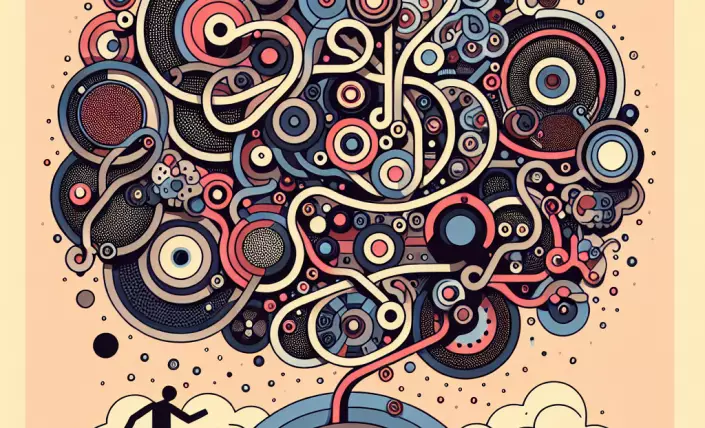In an era where change is often hailed as the ultimate virtue, the concept of tradition seems to be overshadowed by an ever-present desire for progress. However, the philosophy of Edmund Burke provides a compelling argument for the importance of tradition as a guiding force in society. Burke's reflections on tradition are not merely nostalgic musings on the past; rather, they offer a profound understanding of the intricate balance between change and continuity. His insights encourage us to consider how traditions, often viewed as relics of a bygone era, can serve as a crucial foundation for societal stability and individual identity.
Burke posited that traditions are the accumulated wisdom of generations and serve as a stabilizing force within society. Through his lens, traditions are not static; they evolve and adapt, yet maintain a thread of continuity that binds generations together. This perspective invites us to reflect on how our inherited customs and practices shape our moral and ethical frameworks. In a rapidly changing world, traditions offer a sense of identity and belonging, anchoring us amidst the chaos of constant innovation. Understanding this, one might ask: to what extent should we embrace or resist changes that challenge our traditional beliefs? Burke suggests that a complete rejection of tradition could lead to social fragmentation and loss of identity, while an uncritical adherence can stifle progress and innovation.
Moreover, Burke's philosophy highlights the dangers of radical change, emphasizing the need for a gradual and thoughtful approach to societal reform. He warns against the impulse to dismantle longstanding institutions without considering the deep-rooted purposes they serve. This perspective is particularly relevant today, as societies grapple with calls for reform in areas such as governance, social justice, and environmental sustainability. Burke's reflections urge us to weigh the benefits of innovation against the potential risks of destabilizing the societal structures that have sustained us. By fostering a dialogue between tradition and modernity, we can cultivate a society that honors the past while embracing the future.










